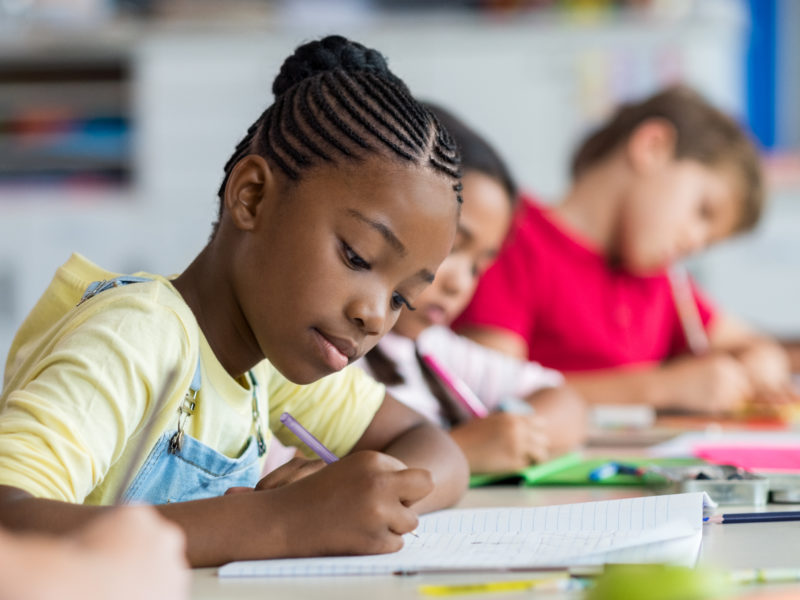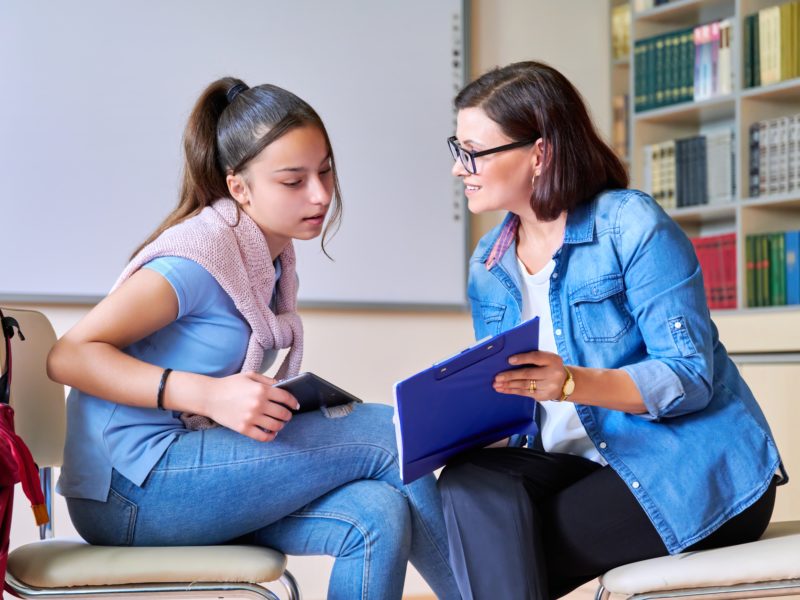Cerebrate Blog.
Read our articles

200 Executive Function Prompts: The Power of Journaling for Skill Development
Posted In Skills, Teaching
The practice of journaling is a powerful tool for skill development, but in more ways than you might think. One of the most important components of executive function skill development is metacognition, when students gain an awareness of their thoughts, especially as it relates to their feelings and behaviors. Journaling provides students with a dedicated […]

72 Ways to Model Executive Functions
Posted In Teaching
Students are not only recipients of knowledge but keen observers of the world around them. As they develop executive function skills, the importance of modeling behaviors cannot be overstated. Teachers help lay the groundwork by exemplifying positive values, nurturing strong character, fostering a growth mindset, encouraging effective communication, promoting critical thinking skills, and cultivating empathy. […]

9 Ways to Model Organization
Posted In Teaching
Organization is an executive function that describes the ability to develop and use systems to keep track of materials and information. Students who struggle with organization often lose their belongings and come unprepared with what they need. They have a difficult time finding what they need and keeping their work neat. These struggles require students […]
9 Ways to Model Planning
Posted In Teaching
Planning is an executive function that describes the ability to create and follow steps to reach a goal within a scheduled amount of time. Students who struggle with planning often fail to finish work on time because they start at the last minute and inaccurately estimate how much time they’ll need to complete their work. […]

9 Ways to Model Working Memory
Posted In Teaching
Working memory is an executive function that describes the ability to use and recall information stored in the memory to complete tasks. Students who struggle with working memory often have a short attention span and are distracted by their environment. They tend to have difficulty remembering not only information, but also what they need to […]

9 Ways to Model Task Initiation
Posted In Teaching
Task Initiation is an executive function that describes the ability to get started on projects, assignments, and tasks without procrastinating. Students who struggle with task initiation are often seen as lazy or unmotivated, but many times they are just stuck without a clear understanding of how to tackle even seemingly small tasks. They also have […]

9 Ways to Model Emotional Control
Posted In Teaching
Emotional Control is an executive function that describes the ability to manage feelings while completing tasks and working towards goals. Students who struggle with emotional control often react strongly to triggers and problems, and they have a difficult time coping with their feelings. These types of struggles interfere with students being able to focus on […]

9 Ways to Model Flexibility
Posted In Teaching
Flexibility is an executive function that describes the ability to adapt to changing conditions by revising plans or switching strategies. Students who struggle with flexibility have a difficult time when they need to move to a different idea, topic, plan, or activity. Because learning consistently relies on cognitive flexibility, not yet having this executive functioning […]

9 Ways to Model Self-Monitor
Posted In Teaching
Self-monitor is an executive function that describes the ability to view and evaluate oneself in a situation. Students who struggle with self-monitor have a difficult time understanding themselves, and they often do not know what they need to do differently. This can frequently lead to difficulties in the classroom and with social interactions, and many […]

9 Ways to Model Self-Control
Posted In Teaching
Self-Control is an executive function that describes the ability to stop and think before acting. Students who struggle with self-control have a difficult time regulating their behaviors, and they often do not realize the consequences of their actions. These students have frequent challenges in the classroom, and their opportunities to learn are greatly diminished. Teaching […]

